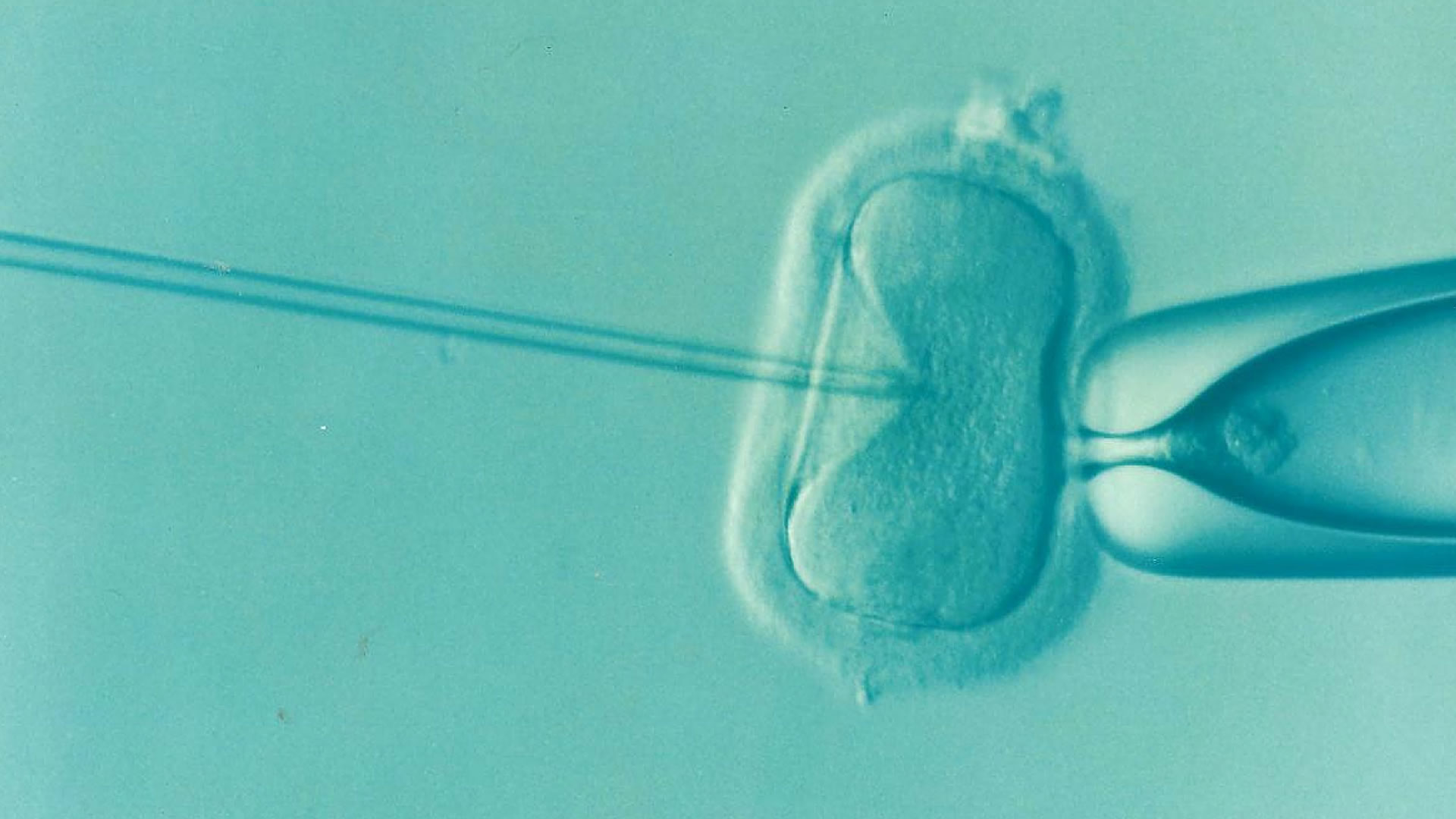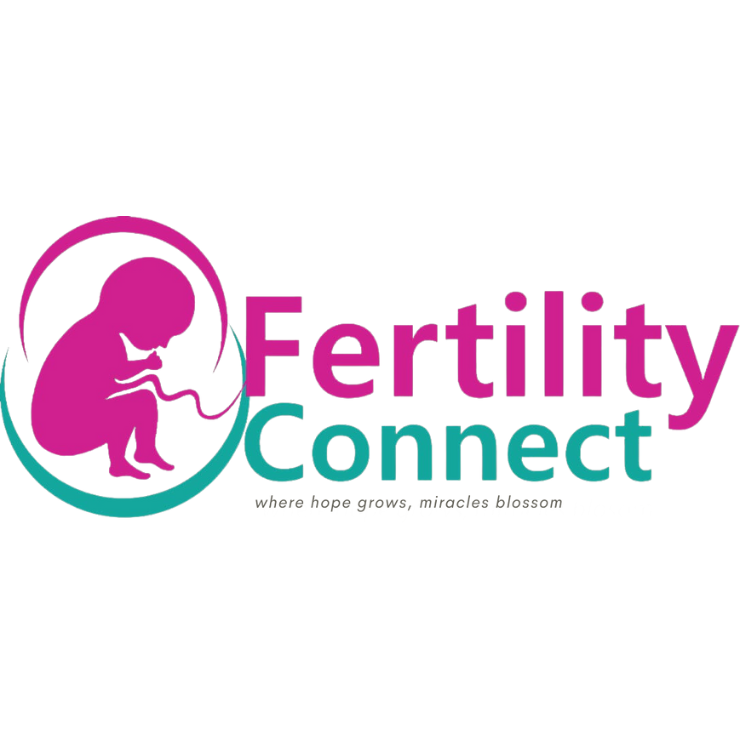Benefits of Multiple IVF Cycles
Experiencing multiple IVF cycle failures is a daunting experience, but while it is true that most couples fail to have a child with their first IVF cycle, it is equally true that the chance of having a baby increases the more times they try.
Almost half the number of couples who fail on their first cycle never try a second or third time. Most couples usually give up either because they are discouraged by the outcome or cannot afford another cycle.
From studies, the cumulative chance of live birth is 30 per cent for the 1st cycle, increasing to 45 per cent after the 2nd cycle and over 54 per cent after the 3rd cycle. Couples have been known to have up to 65 per cent success rate after six attempts, after which the chance of a baby plateaus with subsequent cycles.
For IVF success, perseverance is the name of the game. If you are a woman under 40 years of age, the recommendation is that you need to be offered at least three IVF cycles.
The idea is that the women should keep going on with the cycles to increase the chance of having a family so the advice generally is that couples should persist with IVF beyond their first few failed cycles. But the guidance is not mandatory. Data suggests that in practice, very few couples go beyond one or two IVF cycles, and it is estimated that about 1 in 10 couples who started IVF ultimately reach three or more full cycles, according to a survey.
The whole point is that couples need to stop thinking of IVF as a single shot at having a family, rather, they should think of a couple of cycles as the standard.
For couples where the woman is younger than 40 and those of any age using donor eggs – two-thirds are expected to achieve a live birth after five or six treatment cycles. This is comparable to rates that couples conceiving naturally take within one year.
It is true that the chance of pregnancy success differs markedly with age, with women under 40 having a 68 per cent chance of a baby within six cycles, compared to just 32 per cent for women aged 40-42, and 11 per cent for those over 42.
Dissuading couples from further treatment cycles because they have had one with no eggs retrieved should be discouraged as much as implying that results from one such cycle indicate a very low chance of future success.
As the number of treatment cycles increases, the cumulative rate across cycles also increases.
It is possible that IVF can fail for many reasons. Sometimes couples do not make the right decisions that IVF needs.
For instance, you are a 46-year old woman who walks into the clinic and say you want IVF. After all the tests you are told that you need to use donor eggs, what do we do if you insist that in Jesus name, your own eggs will work?
However, we know that the success rate of a 46-year old using her own eggs is less than five per cent. And then you go on and do the treatment and it fails or you have nothing to transfer.
For you to succeed with IVF you need to listen to your doctors and try to make the right decisions. The work of a good IVF clinic is to support you to make these decisions. That is why there are counselors, acupuncturists, and all kind of specialists that can help you come to terms with these decisions.
No one wants you to be pushed into making these decisions. You need to look at the implications. Even saying you do not want any treatment is a decision, but are you sure you know the implication? These are things the counselors will help you with. Even if you make the right decision, there is no guarantee.
If you are below 35, be prepared to do two cycles, if you are above 35, be prepared to do three cycles of IVF because IVF is not that we have kept a baby somewhere to give to you.
These are things that people are not usually ready to listen to. We have people that are lucky, we have some that have done four cycles and have four babies, and we have those that have done five cycles and no baby, because also there are many things that if the laboratory you give the raw materials is good, you the husband and wife are actually the determinants of your success.
It is what you give us that we can work with. There are some men that seemingly appear to have good sperm. We access sperm as if we are standing by the window and watchmen walk past. There is no way you can know who has good sperm or who has bad sperm. Now, there are tests to see the function of the sperm. Everybody contributes to their own success rate, the quality of the sperm and eggs.
Technology can help the sperm, but there is nothing that can be done about the egg. The quality of the egg is number one in determining success. There is a cliché that younger people have better eggs, but there are some young people that their eggs are old because there are hormonal issues going on in them. Some are called poor responders.
Before beginning a cycle of IVF using your own eggs and sperm, you and your partner will likely need various screenings including ovarian reserve testing to determine the quantity and quality of your eggs; semen analysis; infectious disease screening and uterine examination among others.
The inside lining of the uterus will also be examined before you start IVF. The bottom line is that IVF is the most effective form of treatment of infertility. The procedure can be done using your own eggs and your partner’s sperm. Alternatively, IVF may involve eggs, sperm or embryos from a known or anonymous donor.
In some cases, a gestational carrier — a woman who has an embryo transferred into her uterus — might be used.
Your chances of having a healthy baby using IVF depend on many factors, such as your age and the cause of infertility. In addition, IVF can be time-consuming, expensive and invasive. If more than one embryo is transferred to your uterus, IVF can result in a multiple pregnancy.
Your doctor can help you understand how IVF works, the potential risks and whether this method of treating infertility is right for you.
Fertility specialist, Dr. Abayomi Ajayi is a Consultant Obstetrician and Gynaecologist. The Managing Director, Nordica Fertility Centre, has through his clinic, pioneered the Intracytoplasmic Morphologically Selected Injection (IMSI) in Nigeria.




